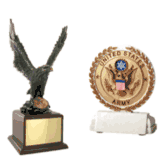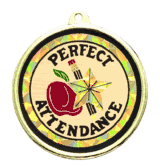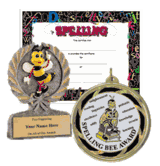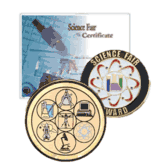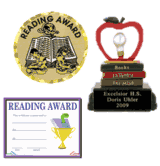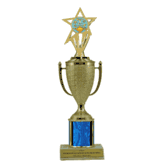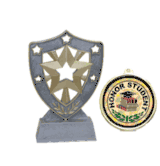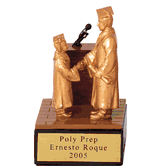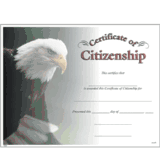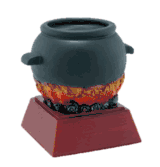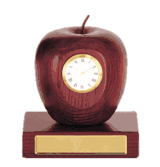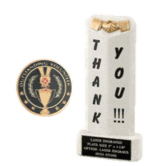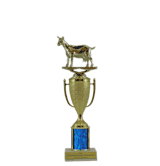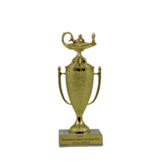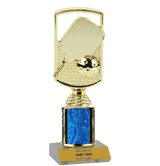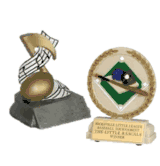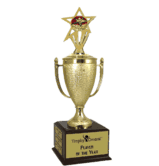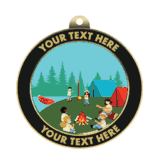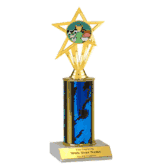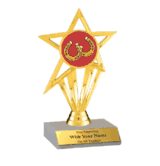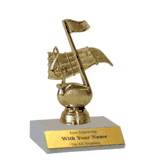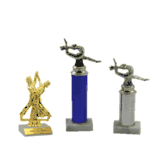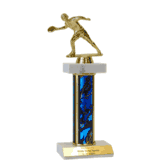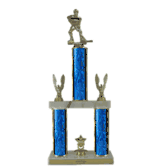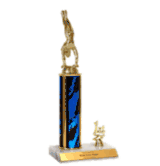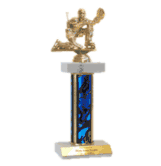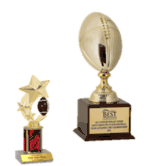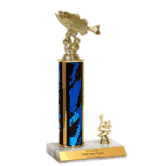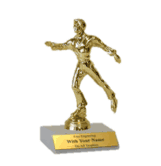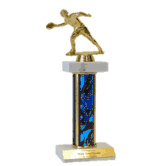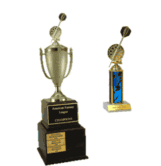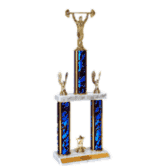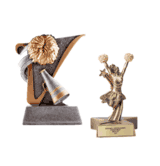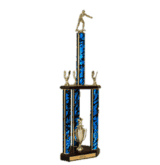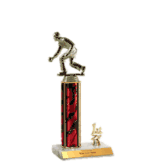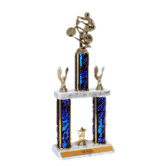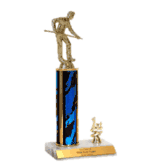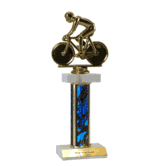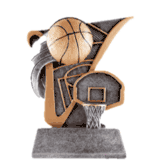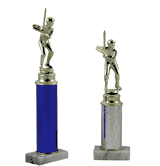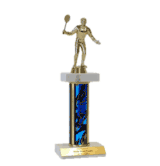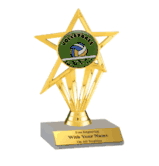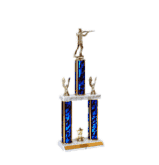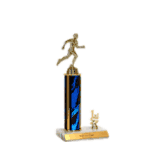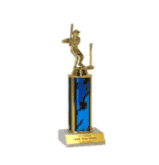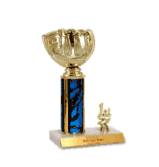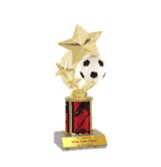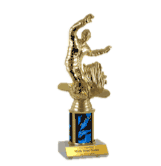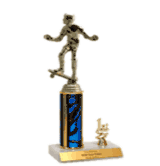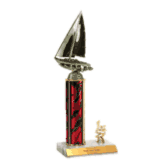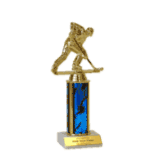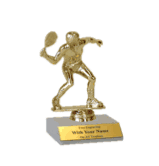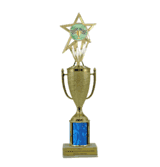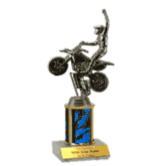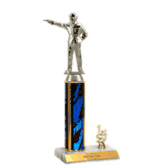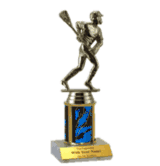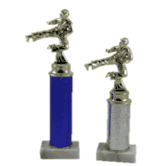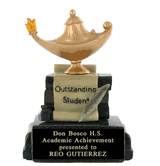Guide to Planning and Organizing a Safe Sports Day |
 Introduction on Sports ActivitiesThere are different sporting activities that children can participate in. They are an essential part of a child's development, and participating in sports has a long-term positive impact on a child's development. Youngsters can participate in many sporting activities, from those requiring only two individuals to those requiring a group to take part. These could be activities that take the form of teams or competing individually. Many sporting activities may be suitable for different age groups starting from two years to late teens. Youngsters below the age of five are too young to participate in organized sports because they are still learning to master fundamental movement skills. However, they can still join in unstructured free plays such as running, tumbling, hopping, jumping, and skipping. Children's attention spans, vision, and motor coordination skills will have improved between six and nine years. Children in this age group can participate in structured sports such as soccer, running, baseball with baseball trophies for recognition, softball, T-ball, gymnastics, and swimming. Other sporting activities include dancing, tennis, martial arts, skiing, hiking, etc. Above the age of ten, kids have developed a mature vision to understand and recall sports strategies. They can handle complex sports like baseball, football with potential for a football trophy, volleyball, hockey, and many others at this age. However, growth spurts due to puberty may affect balance and coordination.What Key Points Do Kids Get From Joining Sports EventsParticipating in sporting activities can help build young minds to acquire creative and strategic thinking and increase focus and attention. There are other benefits, and they include:
Helps Improve Learning in ClassHelps Improve Learning in Class Sports require a significant amount of effort and time. Although some people think this would divert students' attention away from classwork, the opposite is true; sporting activities often require memorizing, repetitive actions, and learning new skills. All these are skills applicable to learning in class. Children can also apply these skill sets, such as determination and goal-setting abilities in the classroom. Teaches Teamwork and Problem Solving Sports involve aiming for a common goal with other team members, and coaches teach kids how to work in a teamwork setting and how to communicate effectively in solving problems. Such skills are handy when solving problems at home or school.Helps Improve Physical HealthSports play a critical role in maintaining good health and will help in maintaining optimal weight. As a result, it will keep conditions such as obesity at bay. Sports also encourage kids to make healthy decisions and avoid idleness.Sports Boost Self-esteemSelf-esteem is developed when you start seeing your efforts and hard work pay off and achieve your goals. Kids are motivated and gain self-confidence when they achieve a sporting or fitness goal. It is a fun and rewarding learning experience for kids.Helps Relieve Stress and PressureSporting activities are a healthy way to relieve stress and pressure. Besides, it helps to stay relaxed. Additionally, children can make new friends who can serve as a support system. When they feel stressed or under pressure, they can talk to a teammate. The PlanningPlanning a safe sports day can be exciting and stressful at the same time. Things have to be put in place like budget, activities, location, and facilities. The day has to be fun with exciting learning experiences for all participants because it promotes valuable skills such as teamwork, healthy competition, and leadership skills, among others.Who, What, When, WhereTo begin the planning process, first you must determine the primary goal of your sporting event, and you can divide the process into manageable steps. Before you start, you must first answer these pertinent questions:
Sports Event Style and Schedule of the DayChoose the activities that will take place and make a schedule of what will happen on that particular day. Examine the necessary equipment for each event. Make sure you have enough equipment well ahead of time. Check that it's in working order and that you have enough for each event to run successfully.Plan Supplies Make a list of any supplies you'll require for the event. Scorecards, certificates, posters, whistles, and award medals are just a few examples.Suppliers are critical to the success of any event, and the organizer's goal should be to secure them as soon as possible. The earlier you sign up suppliers, the better the selection and price; as your event gets closer, lower-quality suppliers are likely to be the only ones left, and they can charge high fees. Hire well-known and respected people in the industry to use tried-and-true suppliers and make sure their health and safety documentation, RAMS, and insurance are all current before they arrive on site. Safety items, such as face masks and appropriate attire, should be considered. Volunteers and Organizers If you're planning a sporting event, you already know it will be full of activities. Instead of waiting to see who shows up before assigning responsibilities, assign and schedule your volunteers ahead of time to ensure that nothing is left unfinished. The following volunteer and organizers roles will help you for your upcoming sporting events: Finally, appoint a designated trash crew and allocate some parts to man and clean during the event. If you need to contact them for emergency cleanup, keep in touch with them in real-time. Safety Precautions Need to Be TakenThe most important consideration on the day is safety. It's even more critical to conduct a thorough risk assessment when many children, visitors, and equipment are present. Planning, organizing, and managing a sports event is challenging, particularly if you consider implementing social distance, among other critical safety measures. The following are tips to help organize a sports event that's fun and safe.Refreshments Children should have water bottles for each event. It is critical to stay hydrated while participating in sports. Make a designated area for water bottles at each station to prevent them from getting in the way. You can do this in a box, a hoop, or on a mat. Refreshments are suitable for kids. If you intend to serve refreshments, make sure they are nutritious, and you should be aware of any allergies that children may have. First Aid There should be a designated first-aid area. Make sure a First Responders is available at all times and that everyone knows where to go for assistance.
Promotion of EventTake it a step further by actively marketing the event. To raise awareness and promote the event, use social media. Here are some ideas for promoting the event.
 Awarding CeremonyPrint some sports awards, stickers, and certificates. You can use resources at your award ceremony to recognize the accomplishments and efforts of children. Ascertain that everyone has been acknowledged. Sports Day is about having fun as much as it is about winning.ConclusionIt's time to get started now that you clearly understand all the planning, logistics, and people required to put on a successful sporting event. Consider including these steps in your event planning checklist to ensure that nothing is overlooked.ReferencesAnzilotti, A. W. (2019, February). Signing Kids Up for Sports (for Parents) - Nemours KidsHealth. KidsHealth. Retrieved December 4, 2021 Better Health Channel. (n.d.). Sport and children - Better Health Channel. Retrieved December 2, 2021 CDC. (2020, February 11). COVID-19 (archived). Colorado Department of Public Health and Environment. 2021, May 2 (archived). Health Care. (n.d.). Benefits of Sports for Adolescents. Retrieved December 3, 2021 helpguidewp. (2021, July 14). How to Build an Exercise Plan (archived). KidsHealth. (n.d.). What If I Don't Like Sports? (for Kids) - Nemours KidsHealth. KudsHealth. Retrieved December 5, 2021, from https://kidshealth.org/en/kids/no-sports.html"> Lienard, S. (2020, August 9). How to host a sports day, BBC Good Food. Retrieved December 4, 2021 (archived). Mayo Clinic. (2019, August 10). Children, sports and exercise: Choices for all ages. Retrieved December 3, 2021 Safe Kids Worldwide. (n.d.). Sports Safety Tips. Retrieved December 3, 2021 ScienceDaily. (n.d.). Sports. Retrieved December 1, 2021, from 2018, April 29 (archived). University of Rochester Medical Center Rochester. (n.d.). Sports Safety - Health Encyclopedia - University of Rochester Medical Center. Retrieved December 4, 2021 |
FREE ENGRAVING ON
TROPHIES & PLAQUES
FAST, RELIABLE & SECURE
SHOP WITH CONFIDENCE
FREE ECONOMY SHIPPING OVER $99
ON 1000's OF SELECT TROPHIES & AWARDS
QUALITY CUSTOM AWARDS AT
DISCOUNTED PRICES
4.9 RATING
Over 2,300 ★★★★★ Reviews


